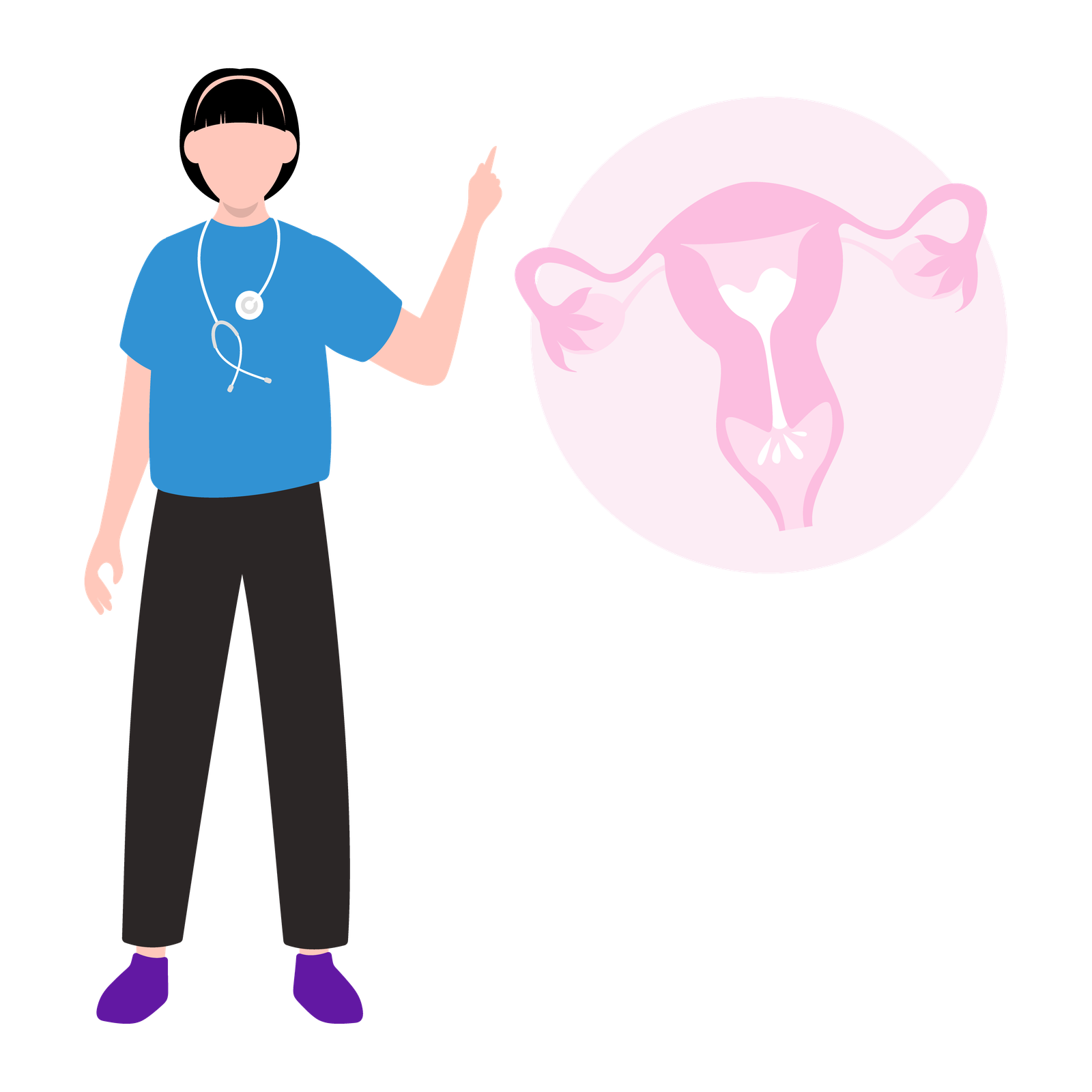
What is Polycystic Ovary Syndrome (PCOS)
Polycystic Ovary Syndrome PCOS is a hormonal imbalance affecting a woman’s reproductive system. Common symptoms include irregular periods, excess androgen (male hormone) levels, and multiple cysts in the ovaries. PCOS can disrupt ovulation, making natural conception more challenging.
PCOS Treatment Cost 2024
In India, as of 2024, the cost of managing PCOS ranges from approximately ₹10,000 to ₹50,000 per year. This estimate encompasses the varying costs associated with medications, which can range significantly based on the type and brand, as well as the frequency of doctor visits and the necessity of specialized tests. Additionally, some patients may require further interventions such as fertility treatments if PCOS is affecting their ability to conceive, which can increase costs substantially.


Fertility Options for Women with PCOS
Despite the challenges, women with PCOS can still achieve pregnancy. Here are some fertility options:
- Lifestyle modifications: Maintaining a healthy weight, eating a balanced diet, and exercising regularly can improve ovulation and overall health.
- Medications: Medications like birth control pills can regulate hormones and promote ovulation.
- Ovulation induction: Medications can stimulate ovulation and egg release.
- Intrauterine insemination (IUI): Sperm is placed directly into the uterus to increase the chance of fertilization.
- In Vitro Fertilization (IVF): This advanced technique involves egg retrieval, fertilization in a lab, and embryo transfer to the uterus.
PCOS and IVF Success Rates
While PCOS can impact fertility, IVF can offer a viable path to pregnancy for women with PCOS. Success rates depend on various factors like:
- Age of the woman
- Severity of PCOS
- Overall sperm quality
- Number of healthy embryos available
Studies suggest that with proper management and advanced reproductive techniques like IVF, pregnancy success rates for women with PCOS can be comparable to those without PCOS.
Treatment Options for PCOS
There’s no cure for PCOS, but treatment focuses on managing symptoms and preventing complications. Common treatment options include:
- Lifestyle changes: Healthy diet, regular exercise, and weight management are crucial.
- Medication: Medications can regulate hormones, address ovulation issues, and manage acne or excessive hair growth.
- Surgery: In rare cases, laparoscopic ovarian drilling might be an option to improve ovulation.

FAQs
2. How to get pregnant with PCOS?
Fertility options:
- Lifestyle changes
- Medication
- Ovulation induction
- IUI
- IVF (for complex cases)
3. Living with PCOS: Diet and Exercise Tips
Here are some lifestyle tips to manage PCOS:
- Diet: Focus on a balanced diet rich in fruits, vegetables, and whole grains. Limit processed foods and sugary drinks.
- Exercise: Engage in regular physical activity (30 minutes most days of the week) to maintain a healthy weight and improve insulin sensitivity.
4. How is PCOS diagnosed?
Diagnosis of PCOS typically involves:
- Reviewing your medical history and symptoms
- Pelvic exam
- Blood tests to assess hormone levels
- ** Ultrasound to examine the ovaries for cysts**
5. Does insurance cover PCOS treatment?
Insurance coverage for PCOS treatment can vary depending on your specific plan. Some plans may cover medications, diagnostic tests, or specific fertility treatments. It's crucial to contact your insurance provider to understand your coverage details for PCOS management.
